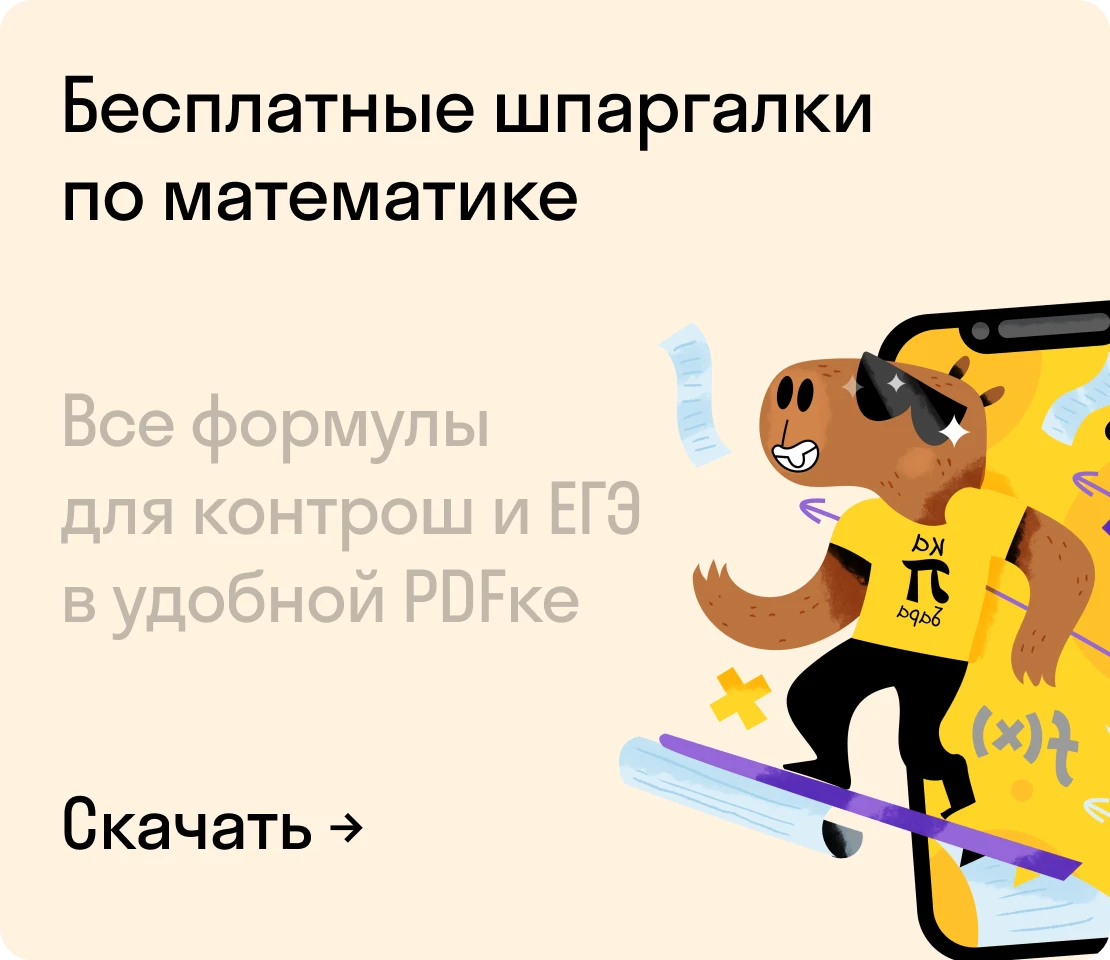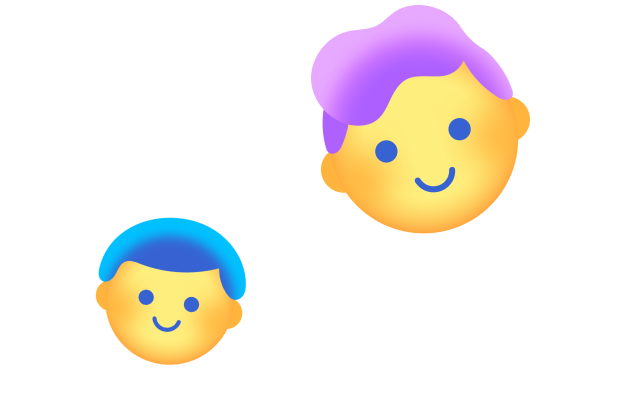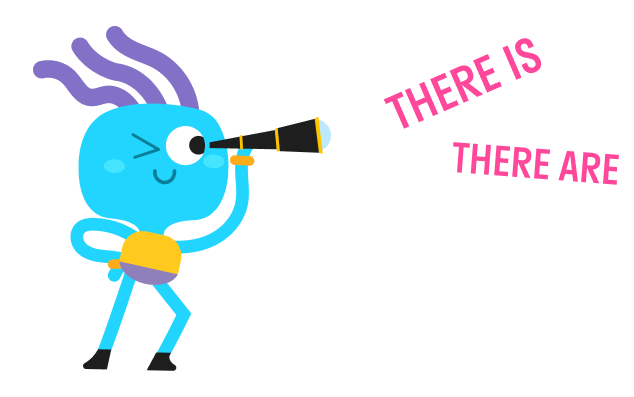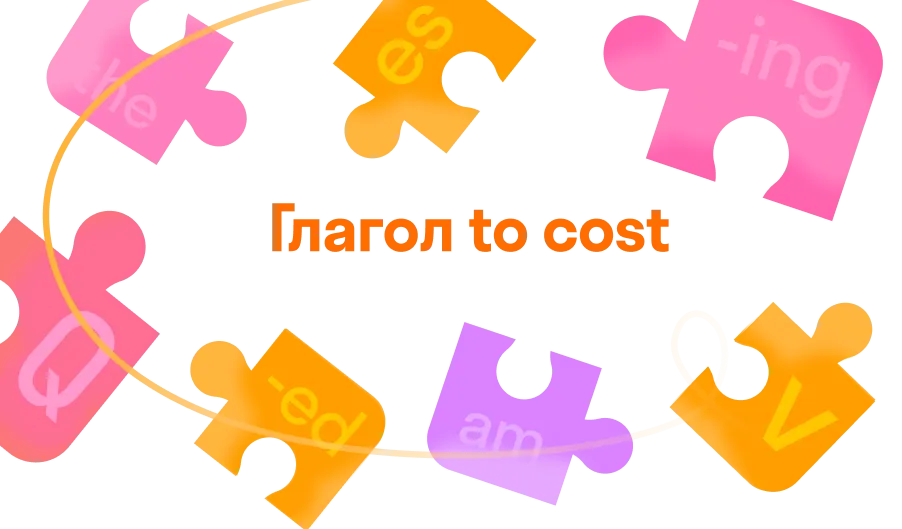Начнем сразу с практики — посмотрите на это предложение:
- Я только что поиграл в теннис.
Кажется, что ничего сложного. «Поиграл» — это глагол в прошедшем времени, и думать не надо. Однако чтобы выразить точно такую же мысль в английском предложении, нужно сказать:
- I have just played tennis.
«Have played» — это глагол в настоящем совершенном времени, и для его образования требуется вспомогательный глагол have.
К слову, для иностранца образование настоящего совершенного времени в русском языке тоже не покажется легкой задачей. Чтобы создать глагол совершенного вида, ему нужно не только употребить несовершенный глагол «играть» в прошедшем времени, но еще и добавить нужную приставку (коих в нашем языке насчитывается аж 70). Так что времена в английском языке для чайников — это еще не самое сложное.
Для кого эта статья:
- Студенты, изучающие английский язык
- Преподаватели английского языка
- Люди, интересующиеся грамматическими аспектами английского языка
Таблица английских времен с примерами
Мы собрали все 12 времен английского языка в одной табличке, которую можно использовать в качестве шпаргалки.
Simple Простое |
Continuous Продолженное |
Perfect Совершенное |
Perfect Continuous Совершенно-продолженное |
|
Настоящее Present |
действие совершается постоянно I talk to John еvеrу dау. Я разговариваю с Джоном каждый день. |
действие совершается сейчас I аm talking to John now. Я разговариваю с Джоном cейчаc. |
действие совершилось I have talked to John. Я поговорил с Джоном. |
начатое действие продолжается I have been talking Я разговариваю с Джоном |
Прошедшее Past |
Действие совершалось/совершилось I talked to John Я разговаривал/поговорил с Джоном вчера. |
действие совершалось I was talking to John Я разговаривал с Джоном |
действие совершилось I had talked to John Я поговорил с Джоном к |
начатое действие продолжалось I had been taIking to John Я разговаривал с Джоном на |
Будущее Future |
действие совершится I will talk to John Я поговорю с Джоном завтра. |
действие будет совершаться I will be talking to Я буду разговаривать с Джоном завтра, в 5/когда ты позвонишь мне. |
действие совершится ранее другого действия I will have talked to John bу the time уou Я поговорю с Джоном к тому времени, как ты придешь. |
начатое действие будет I will have bеen taIking to John Я буду разговаривать с Джоном |
Как образуются времена в английском языке
Чтобы разобраться в том, сколько времен в английском языке, разделим их на три главных времени: прошлое, настоящее и будущее. Каждое из них подразделяется еще на четыре подгруппы:
- простое (Simple),
- продолжительное (Continuous),
- совершенное (Perfect),
- совершенное продолжительное (Perfect Continuous).
Итого получаем 12 времен английского языка. Давайте подробно рассмотрим правила образования каждой группы.
Получи больше пользы от Skysmart:
-
Прокачивай знания на курсах английского языка
-
Выбирай из 2600+ репетиторов по английскому языку
Записывайся на бесплатные курсы для детей
Образование времен группы Simple
Здесь всё действительно очень просто. С этой группы обычно начинают объяснять времена в английском языке для чайников.
Используйте простое настоящее время Present Simple, когда говорите о действии, которое происходит всегда или когда говорите о каких-то фактах, которые остаются верными всегда (типа Земля вращается вокруг Солнца).
Форма образования: V1
Маркерами простого времени в грамматике английского языка будут такие слова как: always (всегда); usually (обычно); never (никогда); sometimes (иногда); rarely (нечасто); seldom (редко); regularly (регулярно); every day (каждый день); often (часто).
Слова-маркеры презент симпл
- I do not drink tea. – Я не пью чай (вообще, никогда)
- I brush my teeth every day. – Каждый день я чищу зубы.
Используйте простое прошедшее время Past Simple, когда вы говорите о действии, которое случилось в прошлом и вам точно известно, когда именно оно произошло. Узнать это время легко по словам yesterday (вчера); last week (на прошлой неделе); the day before yesterday (позавчера) и по конкретным датам in 2009 (в 2009 году).
Форма образования: V2 (-ed)
- I worked as a policeman two years ago. – Я работал полицейским два года назад.
- I went shopping yesterday. – Я вчера ходил по магазинам.
Используйте простое будущее время Future Simple, когда вы говорите о действии, которое произойдет в будущем. Это время часто употребляется со словом tomorrow (завтра) и указанием дат: next time (в следующий раз), in five years (через пять лет), in 2021 (в 2021 году).
Форма образования: will + V1
- I will become a better person. – Я стану лучше.
- I will start a new job tomorrow. – Я начинаю/выхожу на новую работу завтра.
|
Подключайтесь к нашим курсам обучения английскому языку для детей и подростков! |
Проверьте, как хорошо вы знаете слова по теме
Образование времен группы Continuous
Теперь приступим к продолжительному времени или, как его еще называют, прогрессивному. В самом названии заключена суть: действие еще не закончилось, оно находится в процессе.
Для образования этой формы глагола используется вспомогательный глагол to be. Этот глагол будет изменяться в предложении, в зависимости от лица и числа. Кроме того, смысловой глагол употребляется с окончанием -ing.
Present Continuous. Форма образования: to be + Ving.
Для местоимения первого лица I (я), выбирайте форму am, для местоимения второго лица You (ты) — are, для местоимений третьего лица единственного числа He, she, it (он, она, оно) выбирайте is, а для множественного They (они) — are.
|
Местоимение |
Форма глагола to be |
|
I |
am |
|
You |
are |
|
He, She, It |
is |
|
They |
are |
Маркерами этого времени в грамматике английского языка являются обстоятельства: all the time (всё время), always (всегда), constantly (постоянно).
- Maria is talking on the phone now. – Мария сейчас разговаривает по телефону (она в процессе звонка).
Past Continuous образуют путем использования прошедшей формы глагола to be (was/were) и добавления окончания -ing к смысловому глаголу.
Форма образования: was/were + Ving.
- I was dancing when you called. – Я танцевал (был в процессе танца), когда ты позвонила ( и прервала процесс).
Future Continuous является этакой темной лошадкой для русскоязычного студента английского языка, так как в русском языке оно не сильно отличается от простого будущего времени.
Форма образования: will be + Ving.
Случаи употребления Future Continuous
|
Маркерами Future Continuous являются слова: at that moment (в этот момент), this time tomorrow (в это время завтра), while (пока), until (до).
- My dad will be sleeping when you come. – Мой папа будет спать, когда ты придешь.
- While he will be sleeping, I will be cleaning the apartment. – Пока он будет спать, я буду убирать квартиру.
👉 Посмотри возможности нашей online школы!
После неё, ты никогда не запутаешься во временах!
Образование времен группы Perfect
Это время часто является камнем преткновения у многих, изучающий английский язык.
Времена, относящиеся к группе Perfect, используются для обозначения действий, которые уже завершились к какому-то периоду времени.
Для образования совершенного времени используется вспомогательный глагол to have и третья форма смыслового глагола. Если глагол правильный, к нему добавляют частицу –ed. Если глагол неправильный — придется его запомнить по специальной таблице неправильных глаголов.
Present Perfect. Наречия never (никогда), yet (ещё) и already (уже) используются как маркеры совершенного настоящего времени:
Форма образования: have/has + V3 (-ed)
- I have already eaten lunch. – Я уже поела ланч.
Past Perfect используется когда действие завершилось до какого-то определенного момента в прошлом. Это время вы можете узнать по словам: before (до) и различным комбинациям с союзом by: by that time (к тому времени), by August (к августу).
Форма образования: had + V3 (-ed)
- She had driven back home before they woke up. – Она доехала домой до того, как они проснулись.
Future Perfect используется, когда необходимо указать, что действие завершится к какому-то определенному моменту в будущем:
- I will have finished my essay by tomorrow. – Я завершу своё эссе к завтрашнему дню.
Образование времен группы Perfect Continuous
И, наконец-то, мы подошли к последней группе из 12 времен английского языка. Совершенное продолжительное время используется для обозначения продолжительности действия. Маркерами этого времени в грамматике английского языка являются слова for (в течение) и since ( с тех пор).
Present Perfect Continuous описывает действие, которое началось в прошлом и все еще продолжается:
Форма образования: have/has been + Ving
- Mary has been singing since early morning. – Мэри поёт с раннего утра (все еще поет, не закончила).
Past Perfect Continuous описывает действие, которое началось и продолжалось какое-то время в прошлом:
Форма образования: had been + Ving
- I had been waiting my turn at the post office for two hours when Chelsea called me. – Я ждала своей очереди на почте уже как два часа, когда Челси мне позвонила.
Future Perfect Continuous используется для описания действия, которое началось и продолжалось в течение некоторого времени до определенного момента в будущем:
Форма образования: will/shall + have been + Ving
- She will have been writing a poem for three hours by the time I come home. – Она будет писать стихотворение уже как три часа к тому моменту, когда я приду домой.
Как быстрее выучить времена в английском языке
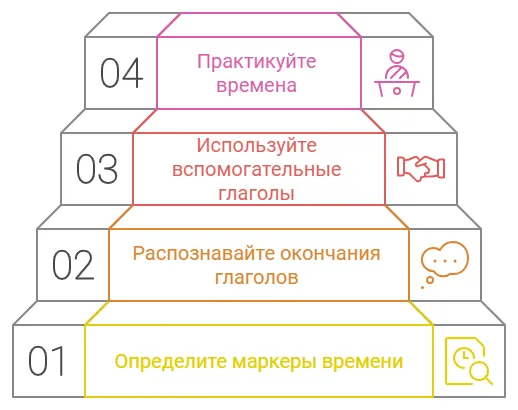
Есть несколько секретов, как запомнить основные времена в английском языке для чайников.
На начальном этапе палочкой-выручалочкой вам будут служить слова-маркеры: already (уже), always (всегда), constantly (постоянно) и другие. Обращайте на них внимание: они помогут вам правильно построить предложение и понять, как различать времена в грамматике английского языка.
Другим помощником будет окончание –ing у смыслового глагола, которое со стопроцентной вероятностью укажет вам на то, что используется вариант продолжительного времени. Will поможет вам опознать будущее время, а вспомогательный глагол have — совершенное.
Но самое главное — это, конечно, практика. Тренируйтесь употреблять глагольные формы в речи — только так вы научитесь использовать нужное из 12 времен английского языка в предложении.
Тест по теме «Времена английского языка»
1) For
2) For
1.2.
-
This bookshop opens at 10 a.m.
A B C D E F G -
Joan has been writing her essay for more than two hours already. A B C D E F G -
Water boils at 100 degrees Celsius. A B C D E F G -
Hey! What are you looking at? A B C D E F G -
Your package hasn't arrived yet. A B C D E F G -
I've never travelled abroad by train. A B C D E F G -
I'm living in my parents' house now. They need my help with the renovation of the first floor. A B C D E F G
-
My sister
doesn't drink does not drink Lana has been packing 's been packing -
Josh is busy. He is watering 's watering -
Mike has finished 's finished He's ready to go now. It usually takes Tess has been -
Billy is preparing 's preparing He won't join us. I never work -
I have never tasted 've never tasted I think it's disgusting.
(Choose the correct options to talk about the future)
-
Bella
works is working will work Usually she works in London. Bob passes is about to pass is going to pass -
Hurry up, John! The bus will leave is about to leave leaves -
Megan, let's go! The shop will close is about to close closes -
Wait a minute, Mum! I am to help will help am helping
(Match two parts of the sentences)
(Choose the correct grammar form for each gap)
In our country, Middle East cuisine is rather popular.
(Put the elements into the gaps)
-
The accident
two hours ago. When I entered the room, my sister peacefully on the sofa. By the time you woke up, I all of my housework. The boy for half an hour when his father came home. She didn't know what and was very confused. I my breakfast when you suddenly called me. I the dinner, a note for my mum and . She asked me if I insects.
Last Monday I have received an unexpected letter from my old penfriend. We used to be spend our summer holidays at the seaside. I had just finished packing bags when Jimmy had came. Margarette was looking at Jill and been thinking what to say. He had put his keys onto the desk, smiled at her and left the room. The doorbell was ringing for several minutes, but no one had opened. She was had been looking for him for years and always believed he was alive.
(Read the text.
Bella is 30 and she is pregnant.
Mrs Kaplan is an old lady who
(Cross out one incorrect word in each line)
Have you already been read "Crime and Punishment"? My parents always does buy some crisps for evening movies. Can you hear our neighbours? What are they been talking about? She started to prepare a week ago. She has been to studying for all this time. What are you have doing? We'll be late! How long do have you been working with your dad? For four years. I must go now. It's getting to late. Has she already presented her new book yet? My parents have been cutting the grass for since two hours. I hope they will finish soon. They are always arguing! It's not so annoying.
(Put the verbs in the correct forms)
-
Alison loves travelling.
She is travelling around Asia at the moment. She started her trip two months ago. She has been travelling for two months. She has been traveling for two months. She's been travelling for two months. She's been traveling for two months. She has visited four countries so far. She's visited four countries so far. -
Thomas is a football player. He began playing football when he was seven years old. This year he is a national league champion again—for the second time. He has won the national championship for two times. He's won the national championship for two times. He has been playing football since he was seven. He's been playing football since he was seven. -
When they left school, Anna and Mary started writing a book together. They are still writing books for children. They have already written three books. They've already written three books. They have been writing books since they left school. They've been writing books since they left school. -
Emily started reading a schoolbook four hours ago. She is still reading now. She has been reading for four hours. She's been reading for four hours. She has already read 132 pages. She's already read 132 pages.
(Choose the correct options)
-
The train
leaves is leaving will leave Sarah and Jorge will have are going to have have The news says it is going to snow will snow snows On Friday at 10 o'clock I will meet am meeting is going to meet Probably, Kate will bring is going to bring brings Jack and Jill are going to see will see are seeing On Friday the English class will start is going to start starts









